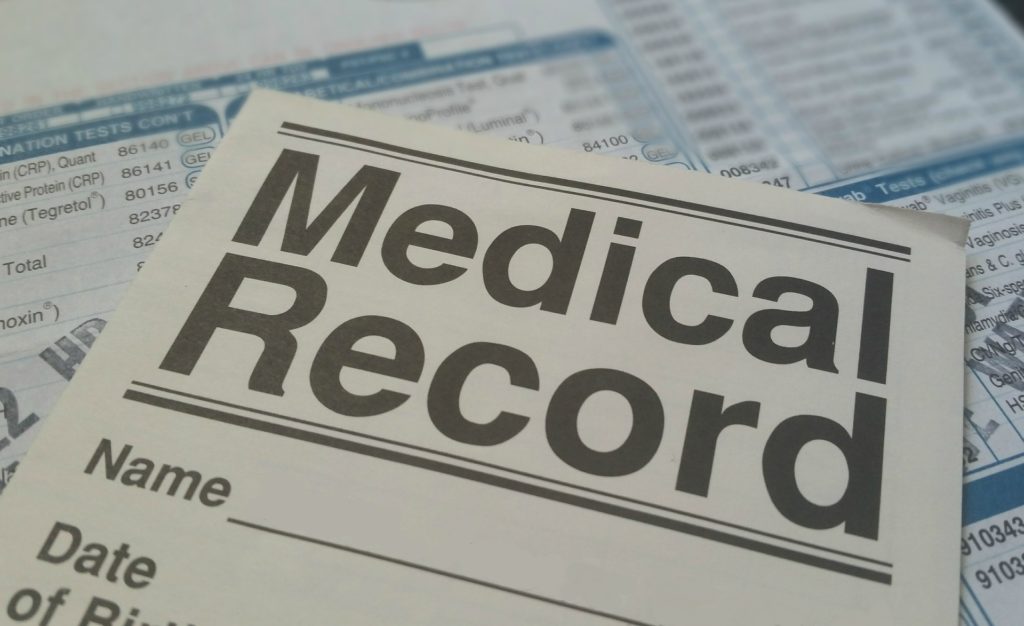As of February 19, 2019, there are three appeal/decision review options available for veterans if they disagree with the VA’s claim and rating decision. Those three choices are supplemental claims, board appeal, and higher-level review. A supplemental claim is the only one of the three where the VA is required to assist the veteran in gathering evidence (from a medical facility, even if private) if requested. Today’s post is going to focus on supplemental claims.
What is a Supplemental Claim for Veterans?
*Click here for our guide on supplemental claims. Save it for future reference!
A supplemental claim is for submission of new, additional, or relevant evidence or information that applies to an issue previously rated or decided on by the VA. It’s a follow-up claim to the initial claim. A supplemental claim allows veterans the opportunity to get an unfavorable decision reviewed and possibly changed due to the new or relevant evidence and information.
When Would A Veteran File a Supplemental Claim?
Any time there is new evidence or relevant information that affects the decision of an initial claim, filing a supplemental claim is the best choice. Information that is new or was not clear or present on the initial claim is included in the supplemental claim to help the veteran’s case for more favorable ratings.
The VA defines new and relevant evidence as follows:
- New evidence- evidence/information the VA didn’t have on the initial claim; before the last decision.
- Relevant evidence- information that could add weight to prove or disprove your claim and the VA’s decision.
New and relevant information and evidence can come from service personnel or treatment records, statement in support of claim, other lay evidence, medical records, and independent medical opinions.
Example: Dan’s initial claim didn’t have records and statements from a medical professional diagnosing a condition he was suffering from. Dan has now been diagnosed by a medical professional and files a supplemental claim showing this new evidence.
Supplemental Claims and VA Effective Date
A veteran with a disability claim receives an effective date, which is the date that disability benefits start being paid. Click here to review the VA’s publication on disability compensation and effective dates. When filing a supplemental claim, there are two options for a veteran that involve the timing of the claim.
- If the supplemental claim is filed within one year of the initial claim, if approved, the veteran may be owed back pay, meaning the difference in the new rating will be retroactively paid from the initial claim effective date in a lump sum. For many veterans, this is a significant amount.
- Example: Kiley filed a claim on June 13, 2020. Her disability rating was at 10% from that initial claim. Kiley didn’t feel the rating was accurate or fair, as her condition is worse than the 10% level. She has seen a few medical professionals and has new medical evidence to submit a supplemental claim. She files her supplemental claim in April of 2021. Her claim is approved, and she is now rated at 30% for her condition. The VA owes Kiley back pay for the difference in 10-30% for her disability from June 13, 2020 to now. Her future disability compensation will also be reflected at the 30% rating level for her condition.
- When more than a year has passed from the effective date of the initial claim, a supplemental claim can still be filed. The difference is the veteran is not eligible for the back pay from the effective date of the initial claim. The increased disability pay (if the supplemental claim is approved and ratings adjusted) would start with the effective date of the supplemental claim.
When Would a Veteran NOT File a Supplemental Claim?
- A supplemental claim cannot be filed if a contested or fiduciary claim has been filed.
- When the evidence you want to present on the supplemental claim is the same as what was included on the initial claim, even if from a different medical professional. There needs to be new and relevant evidence, so a supplemental claim is not the path to take in this case.

How to File a Supplemental Claim
- Gather all new and relevant evidence and information.
- Fill out a VA Form 20-0995.
- You can request on the form if you’d like the VA to assist in gathering records and evidence for your claim.
- Submit your Form 20-0995 to a VA regional office (with copies of all relevant documents and information) or mail it to the benefits office you selected on the form. Addresses are located here, under “apply”.
- The VA’s goal is to handle supplemental claims and submit a decision within 125 days. Check on your claim status by:
- Calling the VA at 1-800-827-1000
- Visiting or calling your regional VA office
- Logging in to your portal here
The Supplemental Claim Decision
When the VA’s supplemental claim decision is unfavorable or the veteran does not agree with it, they can move forward by filing for a board appeal or requesting a higher-level review.
If the decision was favorable and the supplemental claim helped increase the veteran’s rating and benefits, an increase in benefits should begin:
- With back pay for supplemental claims filed within 1 year of their initial claim effective date.
- With the effective date of the supplemental claim.
Before You Go
Please click here to access (and save) our supplemental claim guide!
Here are some additional resources that you may find helpful:
- https://www.bva.va.gov/
- https://www.vba.va.gov/pubs/forms/VBA-20-0995-ARE.pdf
- https://www.va.gov/claim-or-appeal-status/
- https://www.dav.org/veterans/resources/understanding-va-claims-process/
Our team would love to connect with you for a free consultation to help determine if you are receiving the full benefits you have earned and deserve! Visit our page and learn about our process using the below button.
Click Here for Info on Your Free Consultation


